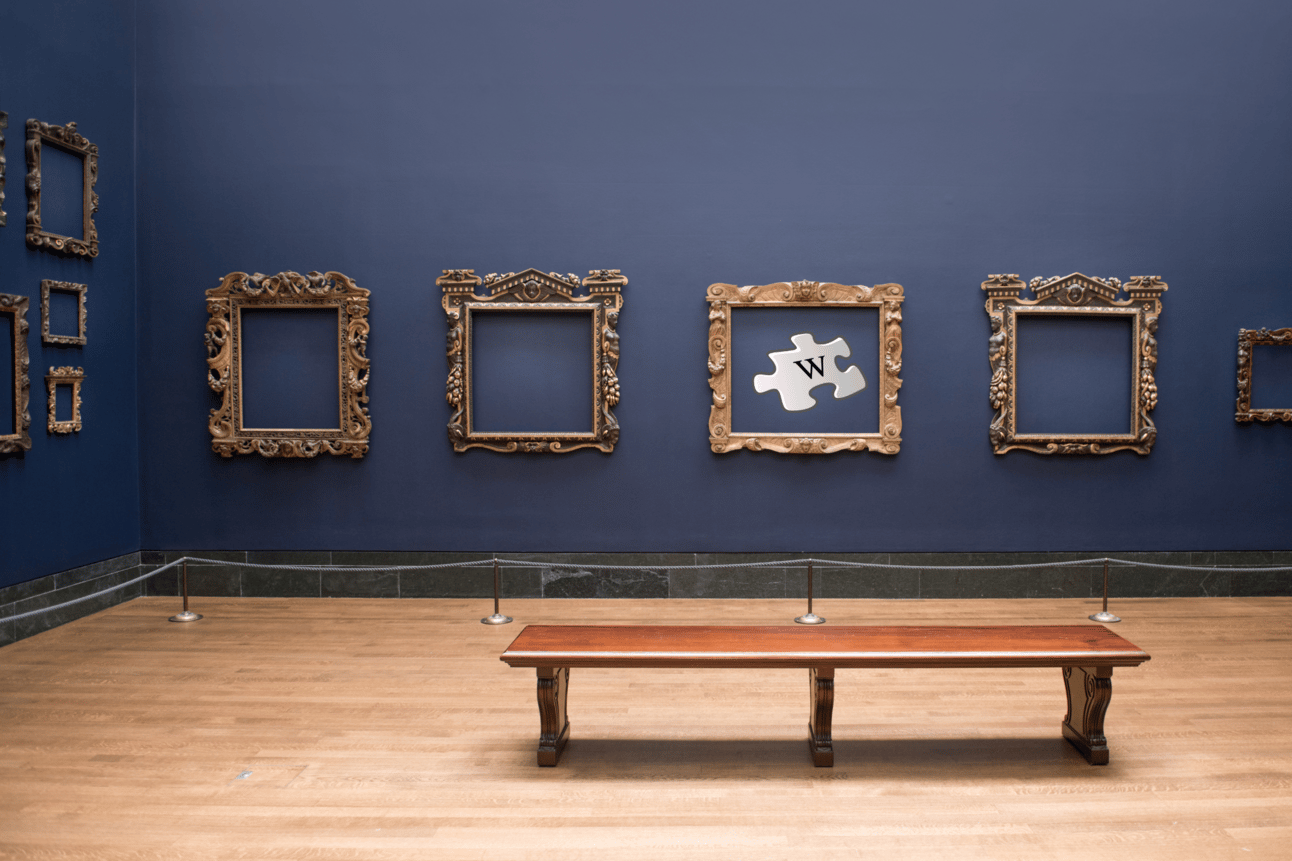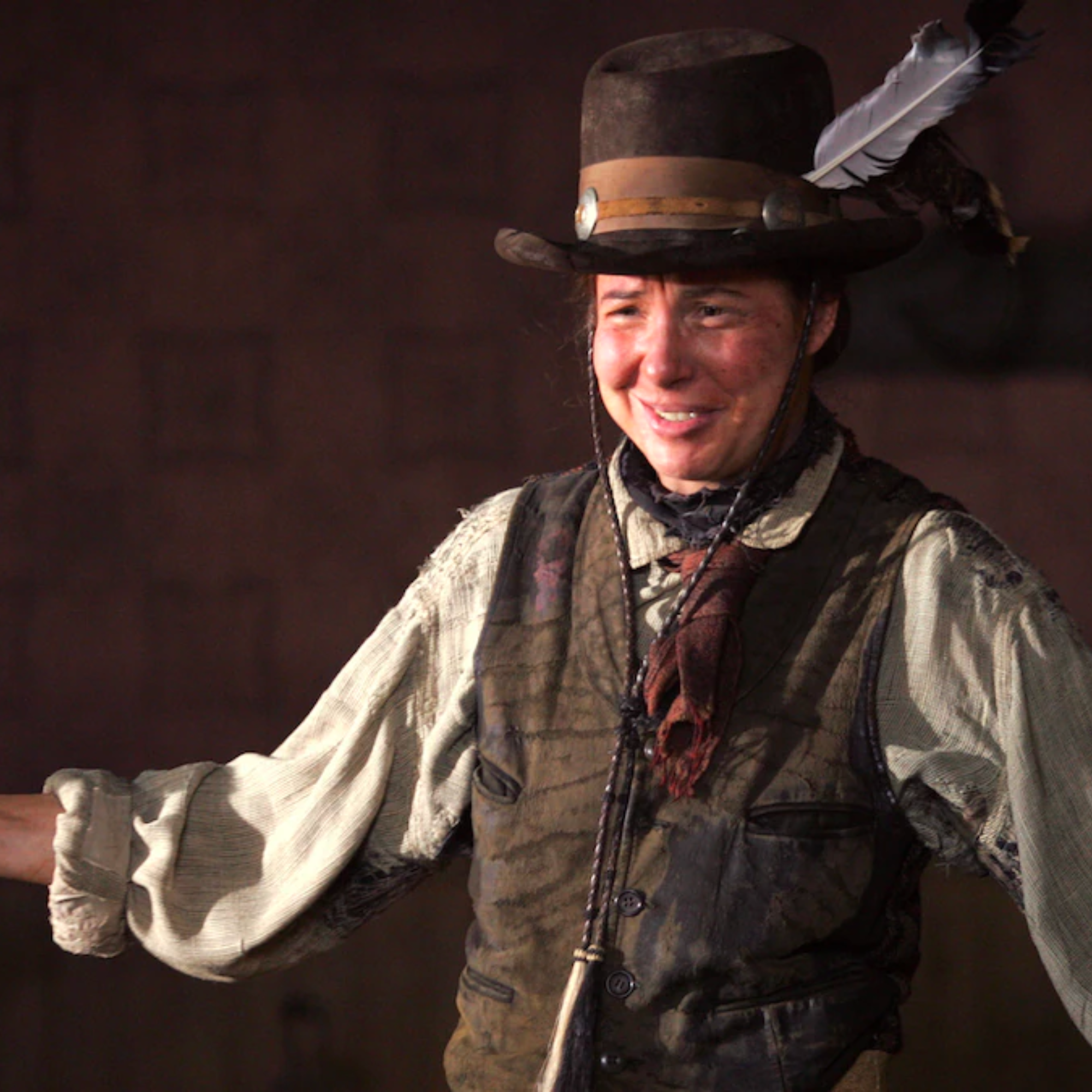- Magazine Dirt
- Posts
- Editing Wikipedia
Editing Wikipedia
The other first draft of history.

Daniel Napsha interviews prolific Wikipedia contributor, Johnny Belknap.
“The Encyclopedia can easily be improved; it can also easily deteriorate. But the danger that must principally be countered, and which we have foreseen, is that the care of subsequent editions not be turned over to the despotism of a society or a company of any kind.”
When French philosopher Denis Diderot wrote these words in 1755, he was facing censorship from the monarchy and the Catholic Church for authoring what would become the first modern encyclopedia. Diderot’s efforts to advance society through the democratization of knowledge threatened these entities, and he was imprisoned before the project was even published.
Diderot expert Andrew Curran writes that the philosopher and his collaborator Jean le Rond d'Alembert often described the Encyclopedia as a “theater of war” between its virtuous contributors and the intrusive church and state. Three centuries later, the conversation around Wikipedia, the original Encyclopedie’s digital descendant, takes a similar tone. The project still confronts authoritarian states that impose outright bans on the website and malicious editors who want to manipulate the system of knowledge. It is only expected to become more embedded in society as artificial intelligence technologies are trained on the website’s pages.
Of the more than 46 million people who have edited Wikipedia, only around 100,000 contribute regularly, and New York-based writer Johnny Belknap is one of them. He publishes Wikipedia articles with a focus on the fine arts, writers and artists, and queer culture. His roster of subjects encompasses an eclectic group of established and emerging influencers, including Hari Nef, Andrea Long Chu, Juliana Huxtable, P.E. Moskowitz, Memphy, and Goth Jafar. It seems only fitting to consider the person who is writing the first draft of their biographies.
Trained in art history with professional experience in museums and galleries, Belknap’s articles on publications and art collectives suggest a care for preserving media. He has also contributed to Wikipedia entries on artists such as Richard Serra, Félix González-Torres, Wayne Koestenbaum, and more. He publishes under the usernames @frutti_xperiment and @lastdaysofpop, as well as others.
I spoke with Belknap about his commitment to the practice, his relationship to his subjects and the public, and the way that his work preserves the present culture.

Daniel Napsha: How did you start writing for Wikipedia?
Johnny Belknap: Back in the big Twitter heyday, 2016-2017, I didn’t have a lot of friends at the time. I had just gotten out of my first big relationship. So, I was using that time to read, regroup. I was looking at and reading everything I could on Twitter. Juliana Huxtable [had posted], my Wikipedia page is all about this sculpture another artist made of me, and I have, like, four works made by me right there [in the New Museum Triennial] and they didn’t make it to my page. Can someone update it? I’m paraphrasing and recall her asking this question but now can’t be sure if she really did. Around the same time, she had just done this really iconic MOMA PS1 Performance, “There Are Certain Facts that Cannot Be Disputed.” That was also missing from her page.
I waited 24 hours to see if anyone would update her Wikipedia page. No one did. And, I was like, Huh, strange, there are so many of us who are readers and people who identify as readers or avid social media users (which is a kind of reading) but there are fewer people who go the extra step to extend the text of whatever it is that we are reading. Continue the conversation. I mean, information about her art and art practice was already out there. It just wasn’t placed somewhere that was accessible. The task of an editor, really, is accessibility.

ICYMI
|

